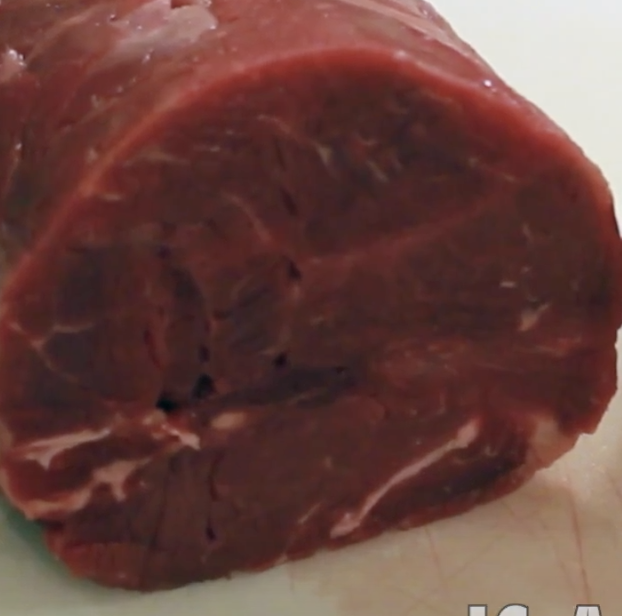Recent investigations have revealed a concerning practice within the meat industry: the use of “meat glue,” or transglutaminase, to bind scraps of meat into what appears to be premium cuts. This substance, while approved by the FDA as “Generally Recognized as Safe” (GRAS), has stirred significant health and ethical concerns among consumers and health experts alike.
Meat Scraps are GLUED together and SOLD AS WHOLE STEAKS 🥩! pic.twitter.com/MTjvLKoBQy
— Jason BeeYorn (@JasonBeeYorn) May 13, 2024
What is Meat Glue?
Transglutaminase, commonly referred to as meat glue, is an enzyme used to stick together smaller pieces of meat, creating products that mimic whole, high-quality cuts like steaks or fillets. It’s derived from either bacterial fermentation or animal blood coagulants, raising questions about its safety due to the potential health risks associated with its use.
Health Risks Associated with Meat Glue
- Bacterial Contamination: When meat scraps are bound together, bacteria from the surface can be trapped inside the product, increasing the risk of foodborne illnesses if not cooked thoroughly.
- Immune Responses: There are concerns that transglutaminase could provoke allergic reactions or even contribute to autoimmune conditions, although comprehensive research is lacking.
- Potential for Blood Clotting: Since the enzyme is related to blood clotting mechanisms in animals, there’s speculation about its effects on human health, particularly regarding clot formation.
The absence of long-term studies means these risks are not fully understood, which is particularly alarming given the FDA’s current stance.
Regulatory Discrepancies
While the FDA in the U.S. allows its use, the European Union has taken a different approach by banning meat glue due to these health risks. This discrepancy highlights a broader issue of regulatory oversight, where consumer safety might be compromised for economic benefits.
The Deceptive Practices
The labeling of meat products using transglutaminase can be misleading. In supermarkets, products might be labeled as “formed” or “reformed,” but in restaurants, there’s no such transparency. This means consumers might unknowingly consume glued meat, believing they’re eating a premium cut.
How to Protect Yourself
- Read Labels Carefully: Look out for terms like “formed from pieces of whole muscle meat.” This could indicate the use of meat glue.
- Question at Restaurants: Don’t shy away from asking about the meat’s source and preparation method when dining out.
- Choose Trusted Sources: Opt for meats from local butchers or farmers known for their integrity and transparency.
- Advocate for Change: Support or join campaigns for better food labeling and safety regulations. Engaging with organizations like the Alliance for Natural Health-USA can amplify your voice.
Looking Forward
With the incoming Trump-RFK Jr. administration, there’s an opportunity for policy reform. Consumers should push for:
- Banning or Regulating Meat Glue: Stricter controls or outright bans to ensure food safety.
- Mandatory Transparent Labeling: Ensuring consumers know exactly what they’re buying.
- Accountability for Misleading Practices: Stronger enforcement against deceptive food practices.
The meat glue controversy is more than just about one deceptive practice; it’s indicative of the need for a broader reevaluation of food safety and consumer protection laws. By staying informed, supporting local and ethical meat producers, and advocating for better regulations, we can all contribute to a safer, more transparent food industry. The time to demand better is now, for the health and trust of consumers everywhere.
